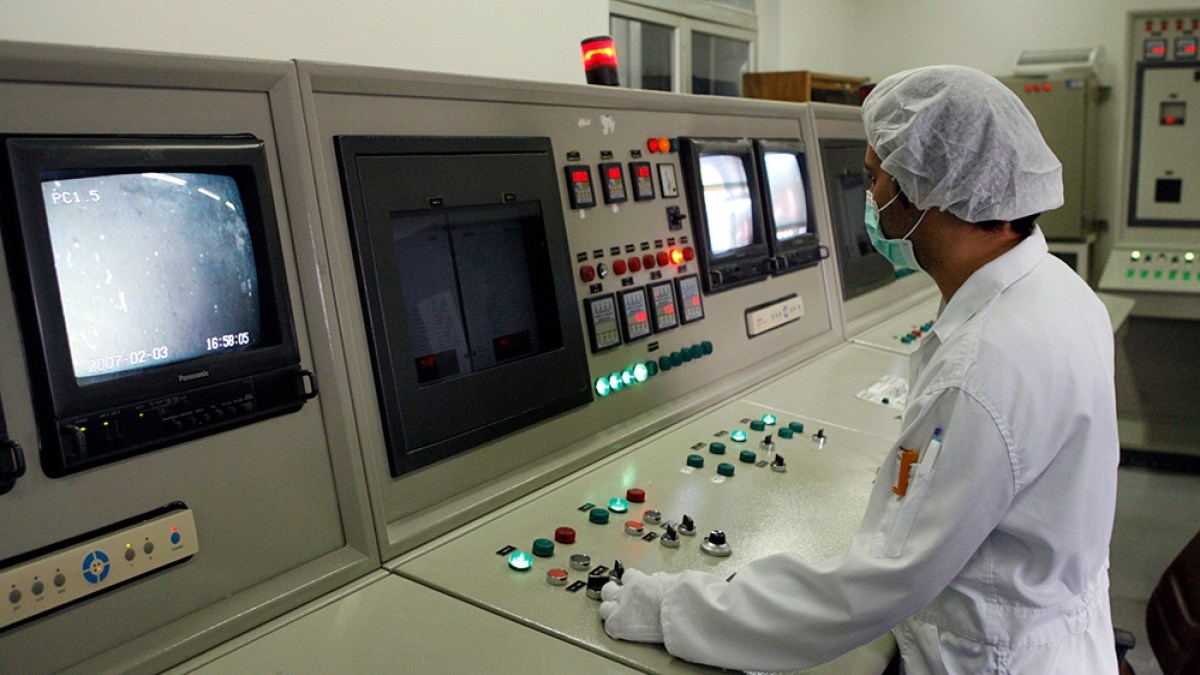CNN
—
Dr. Scott Atlas, a former adviser to President Donald Trump, was met with a flurry of boos, jeers and chants as he delivered a keynote speech during the graduation ceremony for the New College of Florida Friday night, amid a contentious conservative government takeover of the college.
The commencement comes just months after Florida Gov. Ron DeSantis replaced nearly half of the liberal arts college’s board of trustees with conservative allies as part of a larger effort to suppress educational programs focused on diversity, inclusion and gender exploration and expression.
Atlas was a highly controversial member of Trump’s White House’s coronavirus task force until his resignation in December 2020. He repeatedly renounced pandemic lockdown measures and widespread face mask use and resisted CDC guidance.
In protest of his speech and the school’s leadership changes, New College students held an alternate commencement ceremony Thursday evening where they heard remarks from Maya Wiley, president of the Leadership Conference on Civil and Human Rights.
During his remarks Friday, Atlas congratulated students on weathering the difficulties of the pandemic but was met with a swell of boos when he began speaking about his leadership at the time.
His speech was punctuated by frequent cries of protest as he heavily criticized pandemic lockdown measures and slammed the handling of the pandemic by the administrations of both President Joe Biden and Trump as a “failure.”
Atlas also used the time to criticize faculty at prominent universities who he said “are now dangerously intolerant of opinions contrary to their favorite narrative.”
As he concluded the remarks, attendees began a long chant of, “Wrap it up!”
“The era of accepting what so-called experts say simply based on their titles alone is over,” Atlas said in closing. “Learn the facts, use critical thinking and only then do you form the opinion. That’s the order. it doesn’t work in the reverse.”
Following the keynote, student speaker Sophia Brown addressed the graduates’ tumultuous journey through the pandemic and the more recent conservative attack on the college’s liberal arts education programs.
“As the subjects of sudden national scrutiny and administrative overturn, it has been far from what I think most of us wanted our undergraduate experience to be like,” Brown said. “This semester especially, students have seen and heard the many voices of those who haven’t experienced New College in the ways we have attempting to define and dictate what it should mean.”
“The reason I am here today speaking to all of you now isn’t because of an ambiguous vision of what New College might turn out to be – because new college isn’t a plot of land or a set of buildings or a mission statement with a series of guidelines,” she said.
Brown insisted the commencement should be dedicated to “the version of New College that the people who live and learn here have built.”
The reshaped New College board voted in February to abolish diversity, equity and inclusion programs, which included eliminating the college’s Office of Outreach and Inclusive Excellence.
But the controversy at New College falls amid a much broader attack on such programs across the state.
DeSantis signed a bill this week to defund diversity, equity and inclusion programs at all state universities. He dismissed the programs as a “distraction from the core mission.”






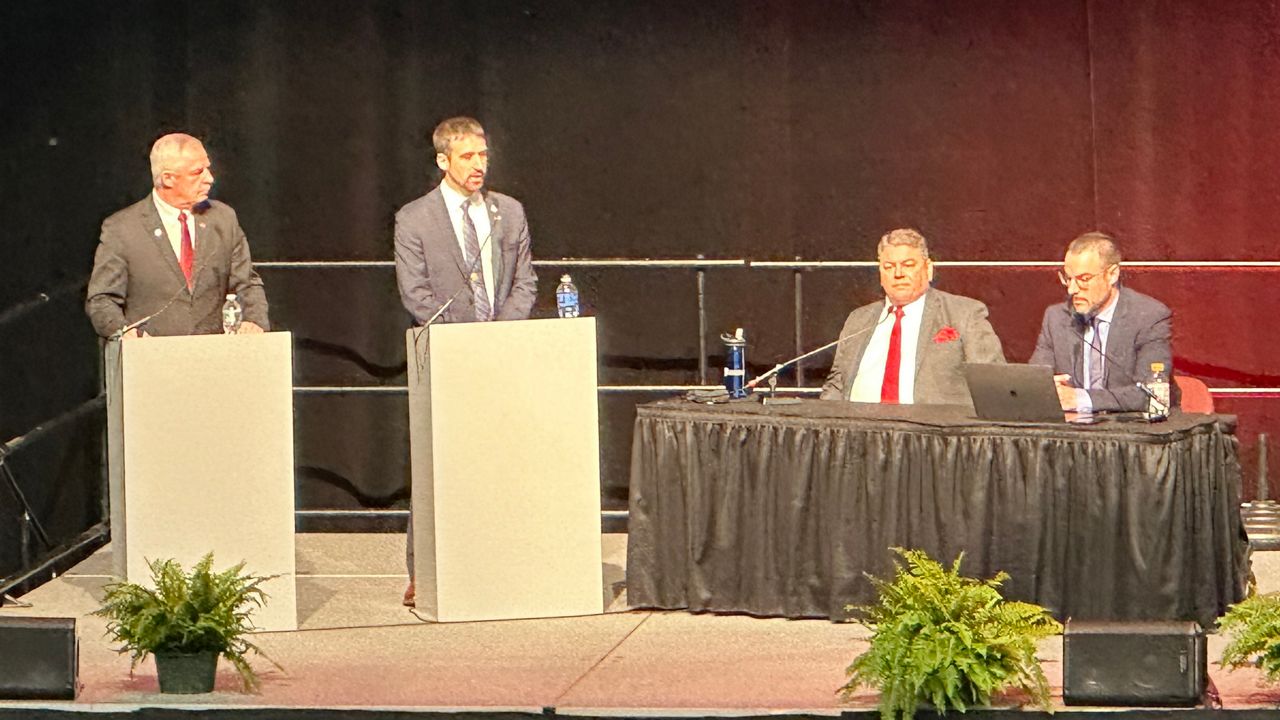
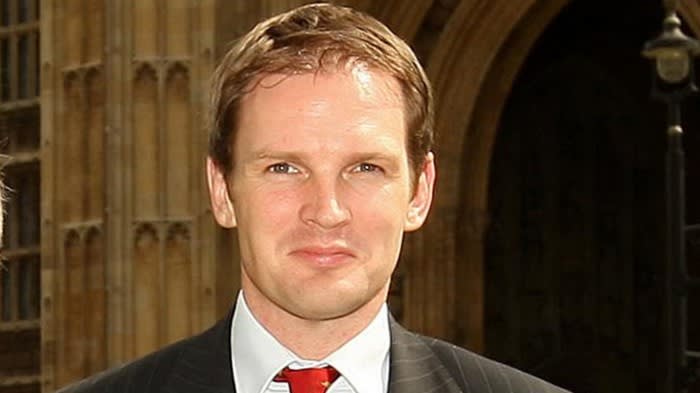
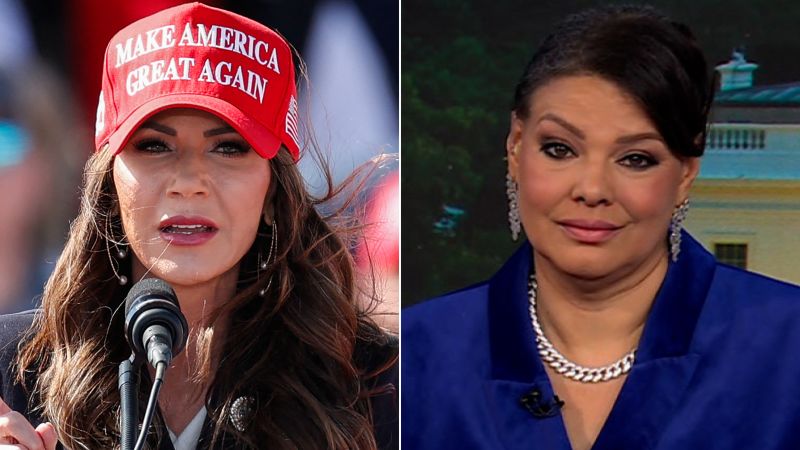

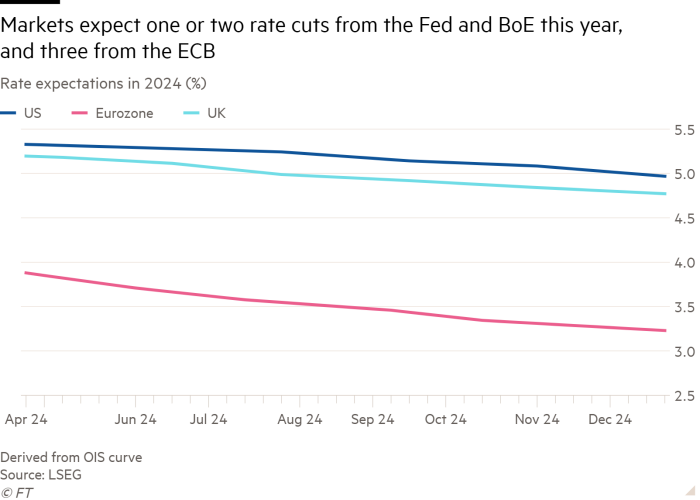











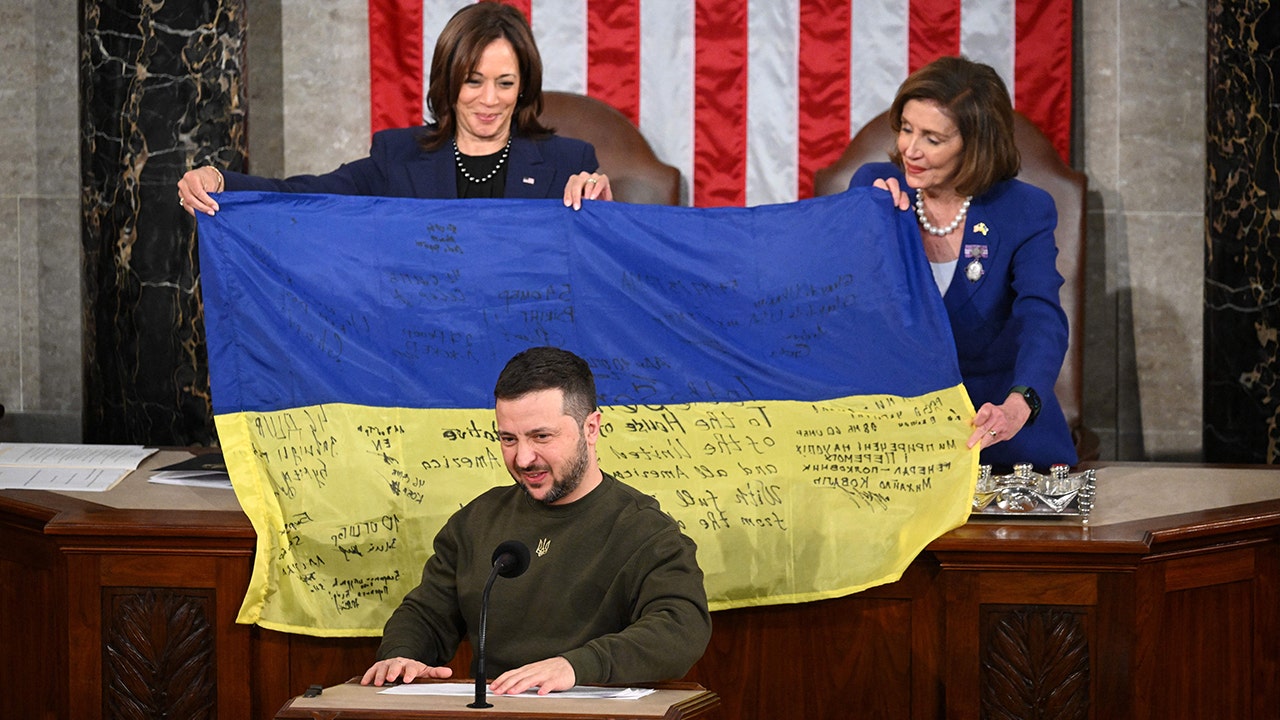






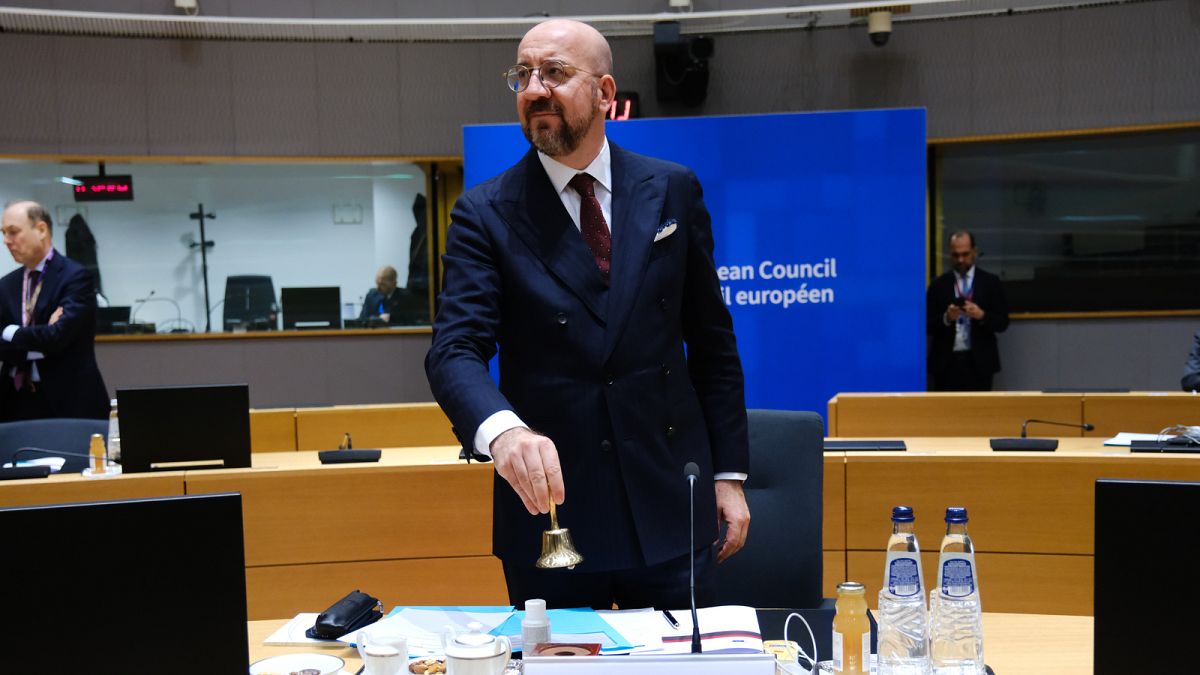
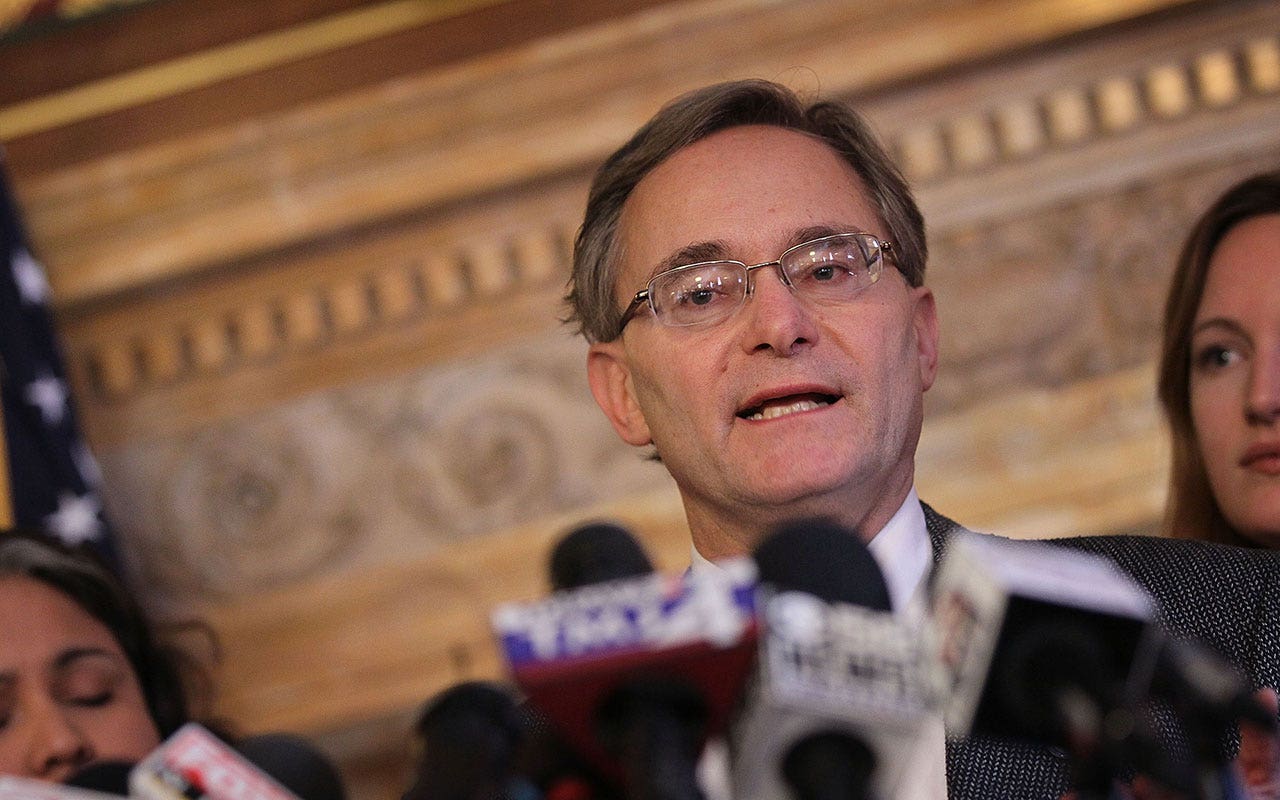
/cdn.vox-cdn.com/uploads/chorus_asset/file/24016887/STK093_Google_02.jpg)
